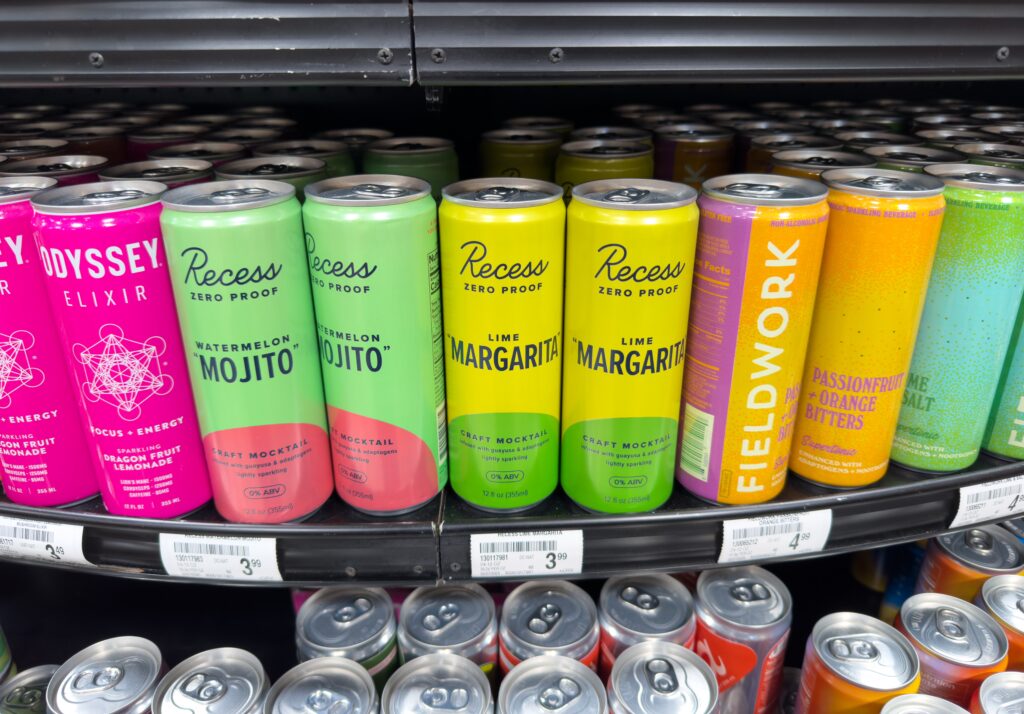Functional beverages such as TRIP, Huel and a host of vitamin-infused concoctions are riding a wave of wellness culture. Their pastel cans and bold claims of “calm” or “focus” speak to consumers in search of quick fixes in an increasingly fast-paced world. But how much of what they promise is grounded in science?
The global market for functional drinks is booming and could reach $248bn by 2030. Popular among younger generations moving away from alcohol, they often contain ingredients like ashwagandha, lion’s mane mushrooms, magnesium and L-theanine. Some research suggests these compounds may ease stress or improve attention, though results vary and evidence remains limited. “If your magnesium levels are already normal, for instance, supplementation won’t do much,” explains registered dietitian Nicolle Cucco.
Regulators are taking note. In July, the UK Advertising Standards Authority banned a TRIP advert for implying its drinks could reduce stress and anxiety without sufficient proof. The case highlights how wellness marketing can blur the line between authenticity and placebo. “The placebo effect is particularly powerful here because mood and focus are subjective,” Cucco said. Simply believing a drink helps can genuinely alter perception.
For most consumers, the drinks are harmless—aside from their price, with a 12-pack of TRIP costing up to €27. But experts warn they should not be mistaken for treatment of serious conditions such as generalised anxiety disorder or ADHD. “Over-promising can and will eventually lead to consumer disillusionment,” said dietitian Lena Bakovic.
Driven largely by social media influencers, functional drinks have become an aspirational lifestyle accessory. Yet experts agree they should be enjoyed as part of a balanced diet, not seen as miracle cures. As Cucco advises: “Pause, look beyond the marketing, and do a bit of research before deciding what to buy.”


